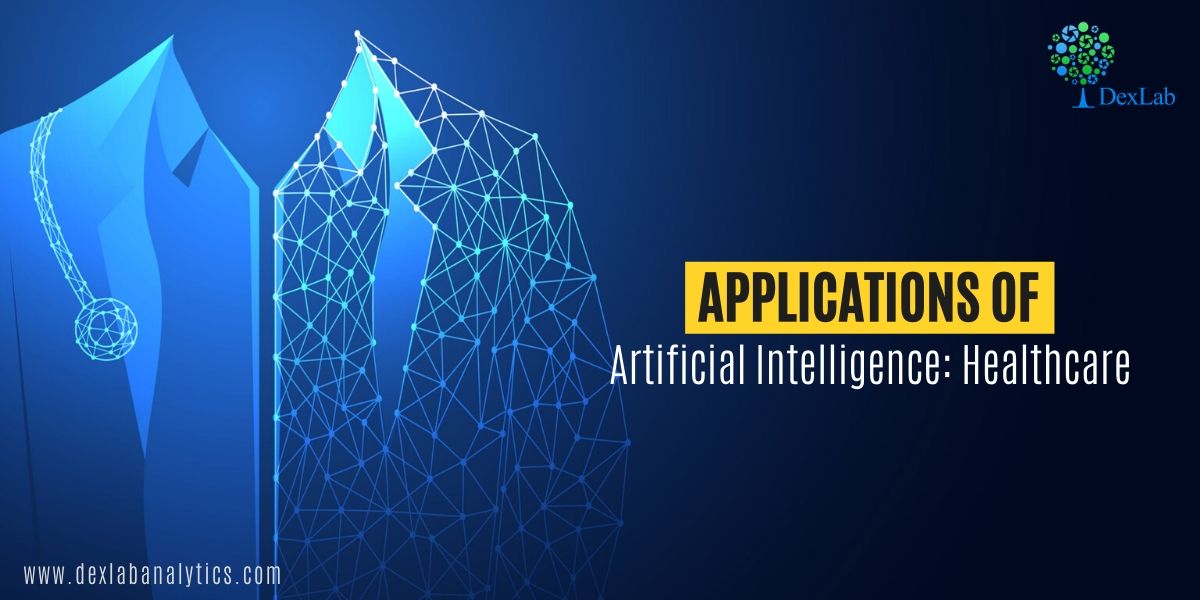
This article, the second part of a series, is on the application of artificial intelligence in the field of healthcare. The first part of the series mapped the applications of AI and deep learning in agriculture, with an emphasis on precision farming.
AI has been taking the world by storm and its most crucial application is to the two fields mentioned above. Its application to the field of healthcare is slowly expanding, covering fields of practice such as radiology and oncology.
Stroke Prevention
In a study published in Circulation, a researcher from the British Heart Foundation revealed that his team had trained an artificial intelligence model to read MRI scans and detect compromised blood flow to and from the heart.
And an organisation called the Combio Health Care developed a clinical support system to assist doctors in detecting the risk of strokes in incoming patients.
Brain-Computer Interfaces
Neurological conditions or trauma to the nervous system can adversely affect a patient’s motor sensibilities and his or her ability to meaningfully communicate with his or her environment, including the people around.
AI powered Brain-Computer Interfaces can restore these fundamental experiences. This technology can improve lives drastically for the estimated 5,00,000 people affected by spinal injuries annually the world over and also help out patients affected by ALS, strokes or locked-in syndrome.
Radiology
Radiological imagery obtained from x-rays or CT scanners put radiologists in danger of contracting infection through tissue samples which come in through biopsies. AI is set to assist the next generation of radiologists to completely do away with the need for tissue samples, experts predict.
A report says “(a)rtificial intelligence is helping to enable “virtual biopsies” and advance the innovative field of radiomics, which focuses on harnessing image-based algorithms to characterize the phenotypes and genetic properties of tumors.”
Cancer Treatment
One reason why AI, has made immense advancements in the field of medical oncology is the vast amount of data generated during cancer treatment.
Machine learning algorithms and their ability to study and synthesize highly complex datasets may be able to shed light on new options for targeting therapies to a patient’s unique genetic profile.
Developing countries
Most developing counties suffer from health care systems working on shoe-string budgets with a lack of critical healthcare providers and technicians. AI-powered machines can help plug the deficit of expert professionals.
For example, AI imaging tools can study chest x-rays for signs of diseases like tuberculosis, with an impressive rate of accuracy comparable to human beings. However, algorithm developers must bear in mind the fact that “(t)he course of a disease and population affected by the disease may look very different in India than in the US, for example,” the report says. So an algorithm based on a single ethnic populace might not work for another.
Conclusion
It is no surprise then that developing countries like India are even more enthusiastic about adopting deep learning courses in Delhi and machine learning and artificial intelligence sciences in the healthcare sector. Machine Learning courses in India are coming up everywhere and it is important to note that DexLab Analytics is one of the leading artificial intelligence training institute in Gurgaon. Do visit the website today.
.
Artificial Intelligence, artificial intelligence analytics, artificial intelligence certification, artificial intelligence training institute, Deep Learning Training, Deep Learning Training Courses, Deep learning Training Institutes, Machine Learning, Machine Learning Certification, Machine Learning course, Machine Learning course in Gurgaon, Machine Learning course online, Machine Learning Courses, Machine Learning Training, Machine Learning Using Python
Comments are closed here.